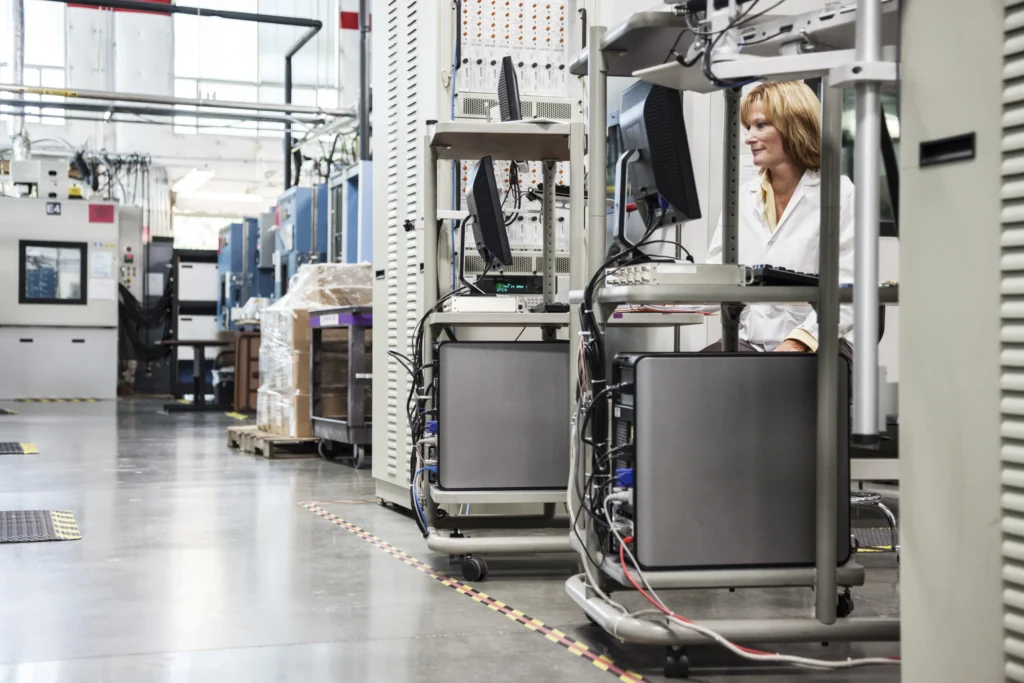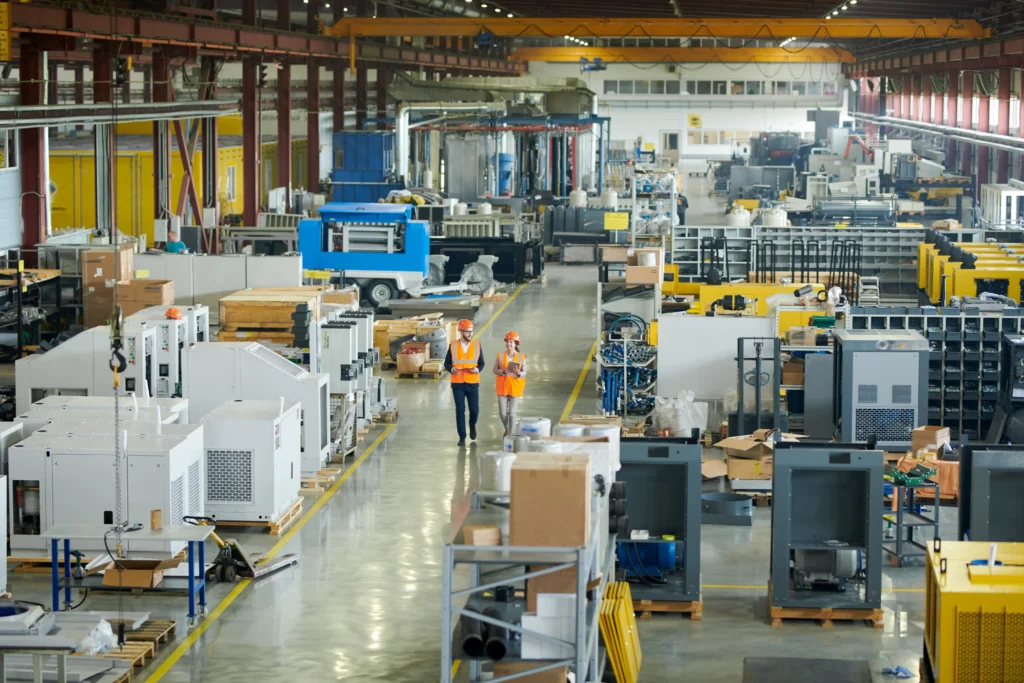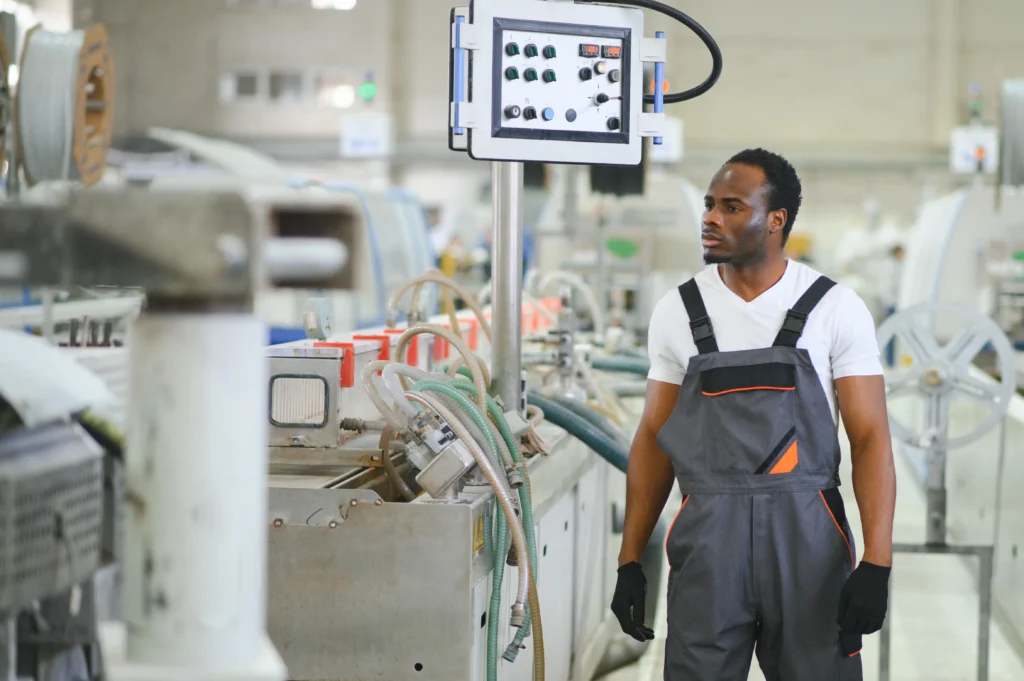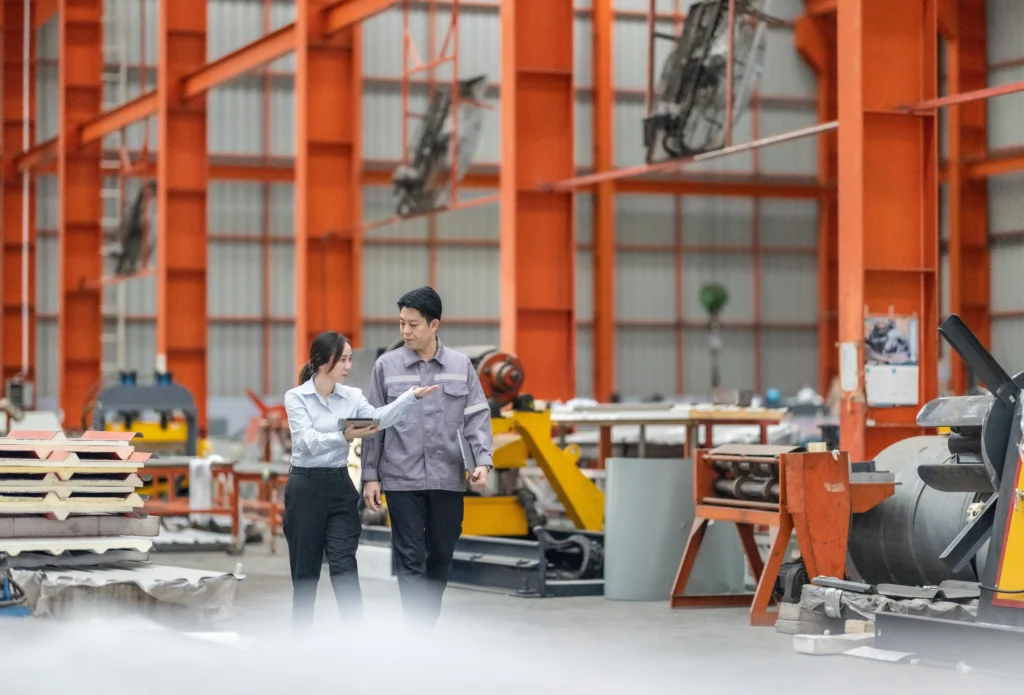In today’s fast-paced manufacturing environment, achieving a paperless production floor is no longer a luxury but a necessity.
With increasing pressure to enhance productivity, increase efficiency and maintain competitiveness, manufacturers must embrace digital transformation to streamline operations and reduce waste.
The many benefits of paperless production floors
When ‘done right’, digital transformation can not only address current operational challenges but position manufacturers to take advantage of the latest – and future – technological development.
And, using a manufacturing ERP specialist and implementation partner such as Proximity Enterprise Solutions, for the digital transformation process can provide you with clear, actionable strategies to optimise production and improve quality, ultimately leading to a more efficient and effective operation.
Moving to a paperless production floor involves adopting technology that streamlines processes, reduces errors, and enhances decision-making with real-time data.
And, that’s before we even consider the financial implications of ‘going paperless’. It is estimated that organisations can save between 30-50% on document-related costs including expenses related to printing, storage, and paper handling.
At the same time, studies indicate that companies that implement paperless processes can improve productivity by as much as 20-30%, as employees spend less time handling and searching for documents.
In this article, we will explore how ERP systems, Manufacturing Execution Systems (MES), and lean manufacturing tools can facilitate this transformation.
By integrating these systems, manufacturers can create a cohesive, integrated system that supports seamless communication and collaboration across all departments.
This approach ensures that every aspect of production is aligned with business objectives, leading to a more agile and responsive operation.
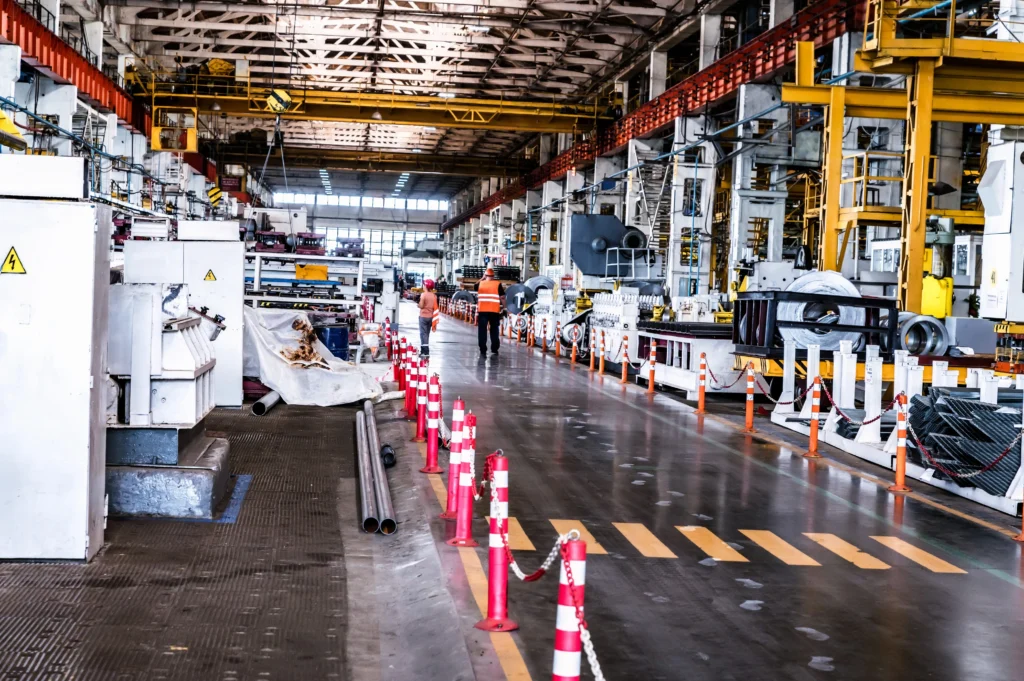
The Role of ERP Systems
ERP systems, especially those designed specifically for manufacturing, are pivotal in managing a paperless production floor.
They integrate all facets of an operation, including production, planning, inventory management, and quality control, into a single, cohesive system.
This comprehensive integration not only streamlines workflows but also enhances visibility across the organisation.
By doing so, ERP systems eliminate the need for paper-based documentation, providing real-time data and analytics that are crucial for informed decision-making.
With data-driven insights at their fingertips, managers can make proactive adjustments to improve efficiency and productivity.
Benefits of ERP Systems
Centralised Data:
ERP systems centralise data, ensuring that all departments have access to the same information.
This eliminates discrepancies and ensures that everyone is, literally, working from the same ‘playbook’.
With a unified, single source of the truth, collaboration becomes more effective, and decision-making processes are accelerated.
Additionally, centralised data reduces the risk of errors associated with manual data entry and paper-based record-keeping.
Real-Time Production Monitoring:
With an ERP, you can monitor production processes in real-time, identifying bottlenecks and inefficiencies as they occur.
This immediate insight allows for quick corrective actions, minimising downtime.
By addressing issues promptly, manufacturers can maintain steady production flows and meet delivery deadlines. Real-time monitoring also supports predictive maintenance strategies, further enhancing equipment reliability.
Improved Quality Control:
ERP systems enhance quality control by tracking production data and identifying deviations from established quality standards.
This proactive approach to quality management leads to fewer defects and higher customer satisfaction.
By integrating quality management into the production process, ERP systems help maintain consistent product standards and reduce the risk of costly recalls or rework.
Implementing a Manufacturing Execution System (MES)
An MES system complements an ERP by providing detailed, shop-floor-level data and control.
It bridges the gap between enterprise-level planning and production execution, ensuring that production processes align with business objectives.
This alignment is crucial for maintaining operational efficiency and achieving strategic goals.
MES systems facilitate seamless communication between the shop floor and management, enabling a more responsive and adaptive production environment.
Key Features of MES
Real-Time Production Monitoring:
MES systems provide real-time visibility into production, allowing managers to track progress and identify issues immediately.
This visibility empowers managers to make informed decisions that optimise production schedules and resource allocation.
By having a clear view of operations, manufacturers can respond swiftly to changes in demand or unforeseen disruptions.
Process Optimisation:
By analysing production data, an MES identifies opportunities for process improvements, reducing waste and enhancing efficiency.
Continuous process optimisation supports lean manufacturing principles and contributes to a culture of continuous improvement. By eliminating non-value-added activities, manufacturers can focus on delivering high-quality products at lower costs.
Traceability and Compliance:
MES systems offer full traceability of materials and processes, ensuring compliance with industry standards and regulations.
This traceability is essential for maintaining product integrity and meeting customer expectations.
By capturing detailed production records, MES systems support audits and help manufacturers demonstrate compliance with regulatory requirements.
Steps to move to a paperless production floor
Follow these steps to move your operations towards a paperless environment. You may want to use these steps in conjunction with the format suggested in our article about writing a business case for an ERP system.
Step 1: Assess Current Processes
Begin by assessing your current production processes and identifying areas where paper is heavily used.
This could include work orders, quality checklists, and inventory tracking.
Conducting a thorough analysis will help identify opportunities for digital transformation and prioritise areas for improvement.
Understanding current workflows is essential for designing effective digital solutions that address specific operational needs.
Step 2: Choose the Right Technology
Select an ERP and MES that align with your business needs.
Consider factors such as scalability, ease of use, and integration capabilities.
It’s important to choose systems that can grow with your organisation and adapt to changing business requirements.
Engage stakeholders from different departments in the selection process to ensure that the chosen technology meets the needs of all users.
Step 3: Implement Lean Practices
Adopt lean manufacturing tools to streamline processes and eliminate waste.
This will complement the digital transition by ensuring that processes are optimised.
Lean practices help create a foundation for digital transformation by establishing efficient workflows that can be easily digitised.
By integrating lean principles with digital tools, manufacturers can maximise the benefits of both approaches.
Step 4: Train and Engage Employees
Employee buy-in is crucial for a successful transition.
Provide training on new systems and involve employees in the decision-making process to ensure a smooth transition.
Effective training programs should focus on both technical skills and the benefits of digital transformation.
By engaging employees and addressing their concerns, manufacturers can foster a positive attitude towards change and encourage active participation in the transition process.
Step 5: Monitor and Optimise
Once the systems are in place, continuously monitor performance and make necessary adjustments.
Use real-time data to drive continuous improvement initiatives.
Regular performance reviews and feedback loops help identify areas for further optimisation and ensure that systems continue to meet evolving business needs.
By embracing a culture of continuous improvement, manufacturers can sustain the benefits of digital transformation and remain competitive.
Overcoming potential challenges
Transitioning to a paperless production floor is not without challenges.
Resistance to change, initial setup costs, and the learning curve associated with new technology can pose significant hurdles.
However, these challenges can be mitigated with proper planning, employee engagement, and a focus on long-term benefits.
Clear communication and a strategic approach to change management are essential for addressing resistance and building support for the transition.
By highlighting the benefits of digital transformation and providing ongoing support, manufacturers can overcome obstacles and achieve their paperless production goals.
Conclusion
Achieving a paperless production floor is a strategic move that offers numerous benefits, including increased efficiency, improved quality, and better decision-making.
By using the many (established) benefits of a manufacturing ERP, MES systems and associated manufacturing software tools, businesses can transform their operations into a streamlined, digital-first environment.
This transformation not only enhances current operations but also prepares manufacturers for future challenges and opportunities in the industry.
As a manufacturing manager, business analyst, or ERP consultant, understanding and implementing these strategies will not only enhance operational efficiency but also position your organisation for future success in an increasingly competitive market.
By focusing on real-time data and continuous improvement, you can ensure that your production floor remains agile, responsive, and ready to meet the demands of tomorrow.
Embrace the digital revolution and lead your organisation towards a more sustainable and prosperous future!
Have a chat about paperless production
If you’d like to have a chat about going paperless on your shop floor, you can contact our manufacturing ERP experts.
Alternatively, you can schedule a discovery call with Tom Grigg, our Manufacturing Solutions Consultant for DELMIAWorks to explore the ‘art of the possible‘ (absolutely free of charge and with no obligation).
You can access his calendar and select a date for your discovery call.
Tom has over 15 years experience in manufacturing, five of which involved working for a plastics processor. He has experience on both sides of the fence: evaluating, choosing, and implementing ERP systems as a manufacturer, as well as implementing ERP solutions to manufacturing companies.

